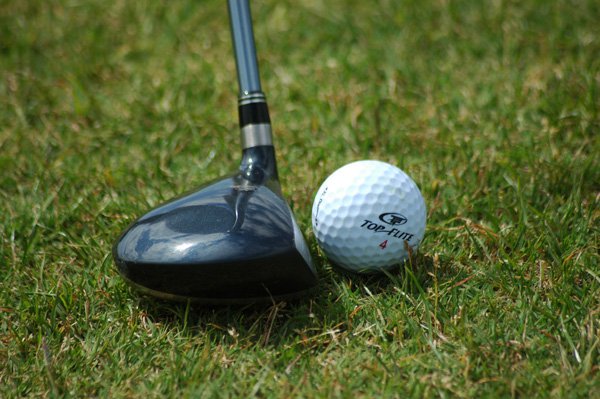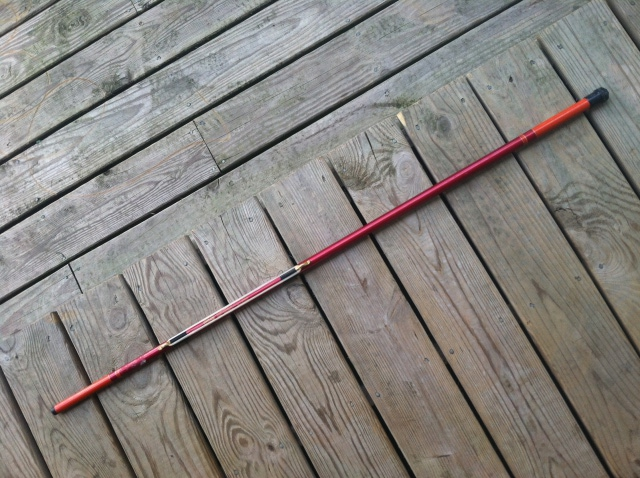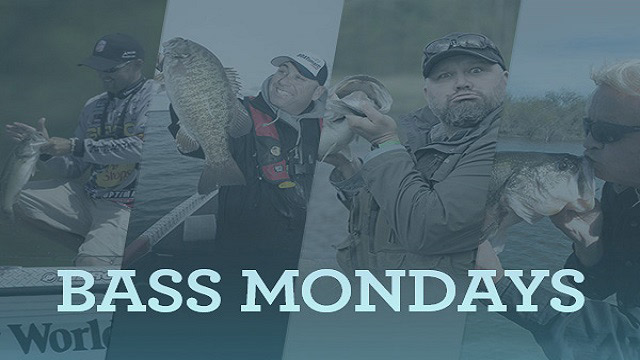east, northeast winds
Question
I know that fish are slow and don't like to bite when there is east or northeast wind but what are the fish thinking, why don't they like east winds and are they still there or where do they go when there is a northeast wind? Thanks Mike.
Answer
Hi Mike,
I'm sorry to be so long in answering, but between work and other problems, everything has been held up. Also, I was waiting to send you a copy of my latest article, which I have not written. It will be called "From The East, Fishing The Least?" However, I wanted to reply to your question, so am doing that before writing the article. It will hopefully be published in the June issue of Midwest Outdoors.
Briefly, yes, fishing does slow down, but believe it or not, I've had some of my best days when the wind is from the east. In fact, a study performed a few years ago, showed that one of the most productive winds for musky is southeast.
The fish are still around, but in most cases have slowed down. Because of that it is best to start crawling lures like tubes for bass, and vertical jigging for crappie. In the opposite direction, there are times when a lure, such as a Rat-L-Trap will stir bass into striking. The other day I was fishing in an east wind, and caught 7 bass - all of which would have weighed in a tournament on this lake. I was using an 1/8 ounce Baby Wedge Tandem Spin in chartreuse/white. I made sure that the lure would bump any cover it came to.
Fish will tend to hold tighter to cover at this time. Normally it is a few days after the passage of a weather front, but not up to the time when they are generally known to be aggressive. If there are weeds the fish will be setting back from the edge. Wood cover has them under, in or right along side the piece of structure.
The main thing to remember is not to let these wind directions place a negative attitude in your mind. Confidence, and positive thinking are two major factors in fishing results.
Fish as normal, but slow down, go to smaller lures, and be versital. As always, observe for any evidence of feeding action, such as a shad bust, as this still will take place at times.
Another thing is the types of water being fished. Water with current and level fluctuations, such as a river or canal, is less bothered by wind direction. In these areas fish are more worried about being relocated by the water level, or finding a current break if the current speed changes.
Hopefully some of this has helped. Feel free to let me know if there are any further questions on this, or other fishing related subjects.
Best of fishing,
Dan
tadpoles?
SETTING THE HOOK


